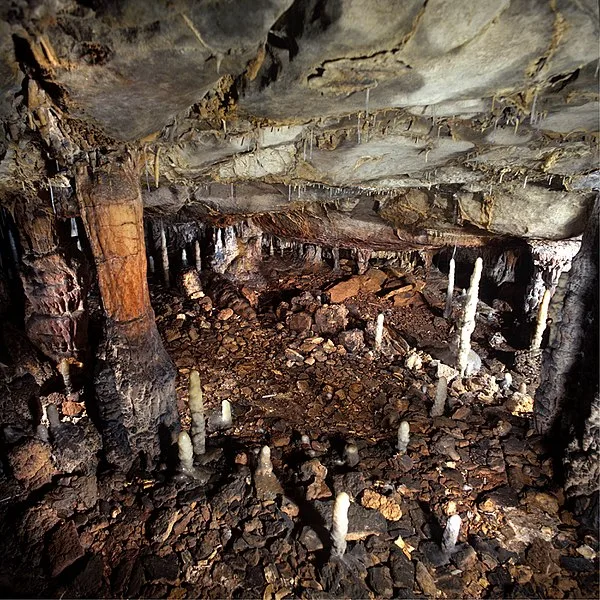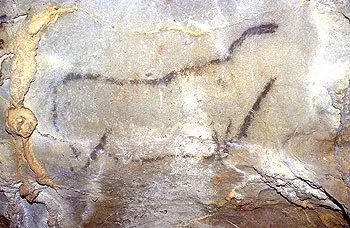La Garma cave in Northern Spain yields perfectly preserved glimpse into ancient life

In a remarkable archaeological revelation, the secrets of a bygone era have been unearthed as a long-sealed cave in northern Spain, named La Garma, unveils a Paleolithic dwelling frozen in time for 17,000 years.
Discovered in 1995, the cave’s contents were recently presented at the National Archaeological Museum, showcasing a dwelling believed to have been constructed 16,800 years ago—an exceptional find described as “one of the best-preserved Paleolithic dwellings in the world.”
Covering an area of approximately five square meters, the cave interior boasts a small central bonfire and everyday items, including antler and bone instruments, offering a unique glimpse into the day-to-day lives of its ancient occupants.
Archaeologists meticulously documented 4,614 artifacts during their research, encompassing animal bones, flint tools, needles, and a ‘protoharpoon,’ providing a rich tapestry of Paleolithic existence.
Pablo Arias, a professor of prehistoric archaeology at the University of Cantabria, expressed the rarity of such discoveries, stating, “Paleolithic dwelling structures are extremely rare, and they are even more exceptional inside a cave… This site provides unique information on the organization of domestic space and the activities performed inside a living structure during the late Ice Age.”
Artwork adorns the cave’s interior, with decorated bones and pendants among the finds. La Garma is also home to an extensive collection of Paleolithic rock art, spanning 400,000 years of history, offering a visual journey from the Old Stone Age to the Magdalenian period when the cave was abandoned.
The cave’s exceptional preservation is attributed to a rockfall that sealed the entrance approximately 17,000 years ago, encapsulating the dwelling and its contents in a time capsule.
Ongoing excavations and analyses at La Garma are conducted with utmost care, utilizing non-invasive research techniques to safeguard the cave for future generations. Recognizing its significance, La Garma has been inscribed on the UNESCO World Heritage List, with research funded by the Ministry of Culture, Tourism, and Sports of the Government of Cantabria.
